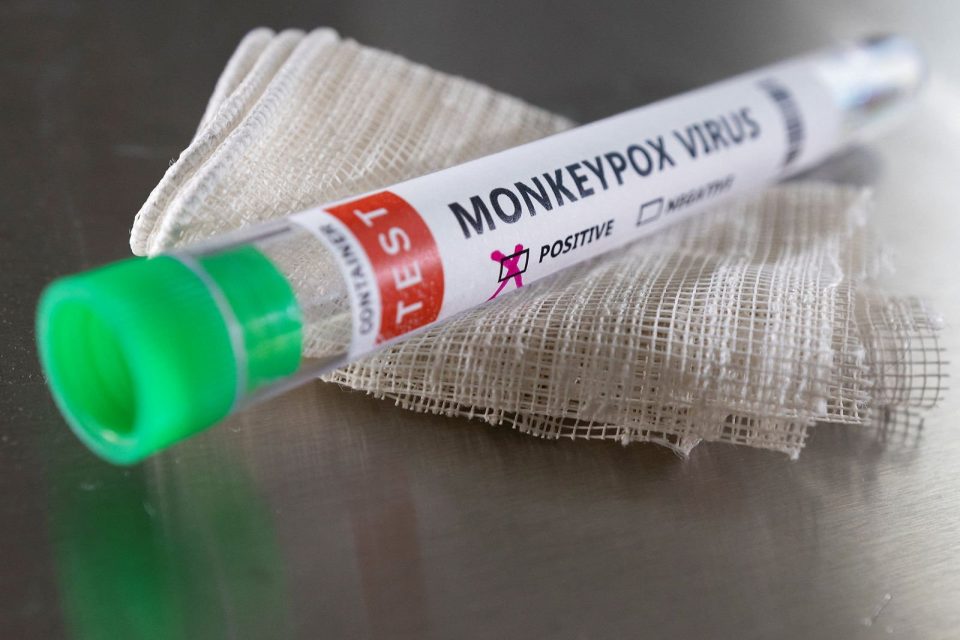A man in Denmark has become the country’s first registered case of monkeypox, the Ministry of Health stated on Monday.
The man displayed symptoms of the disease after travelling to Spain and has since been in contact with the University Hospital in Roskilde and Copenhagen’s Rigshospitalet. He is currently isolating at home.
“The vast majority of patients in health systems like the Danish one are expected to make a full recovery,” the Ministry of Health said in the statement.
The Danish Patient Safety Authority said that contact tracing for the monkeypox was being undertaken.
“The Danish Patient Safety Authority is now contact tracing so that close contacts to the patient can be given guidance as to how they should respond,” Health Minister Magnus Heunicke said in the statement.
“Health authorities do not expect broad community infections in Denmark, but we are following the situation closely so we can be as well prepared as possible for any development in the situation,” he said.
The ministry describes the symptoms of monkeypox as including fever, shivering and a rash with blisters that can leave wounds when they heal.
“Sickness is normally mild, lasts two to four weeks and heals on its own for most people,” the ministry wrote.
People who have recently travelled or been in contact with others who have travelled, and who feel unwell and develop sores on their body, are encouraged by the Danish Health Authority to contact their doctor.
“There are indications that the infection is particularly found among men who have sex with men,” Health Authority head of section Bolette Søborg said in a statement.
“We were therefore last week in contact with the (organisations) AIDS-fondet and LGBT+ Danmark and asked them to help us create awareness in those groups that there is currently a need to be aware of guidelines relating to hygiene and use of protection during sex,” she said.
Denmark is not the only European country to have detected cases of monkeypox. Cases have also been reported in the United Kingdom, Spain, Netherlands, Germany and Sweden.
Danish infectious disease control agency State Serum Institute (SSI) states that 83 cases have been reported across Europe including 23 in Spain. The man who tested positive in Denmark recently visited Gran Canaria, according to SSI.


